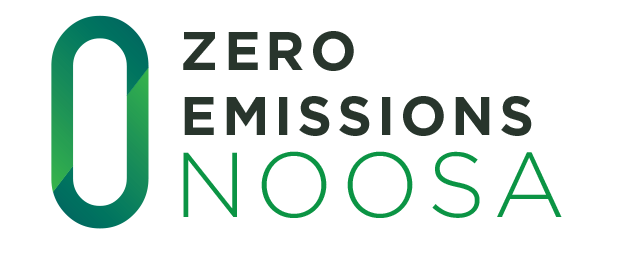THE NOOSA COMMUNITY BATTERY PROJECT
Project description:
This project proposes the installation of a pilot community battery in the Noosa Shire in 22/23. The project would be comprised of the following elements:
1) Need for the project. A minimum of a doubling of current rooftop solar capacity in Noosa is required to meet its goal of zero emissions by 2026. However, there are now well-recognised grid stability problems associated with the growth of rooftop solar, including frequency and voltage instability, and limitations on hosting capacity.
At the macro level, Glen Dahlenberg from Energy Queensland has advised that it is estimated that a minimum of 8GWh of storage is required in Queensland by 2030 to maintain security of supply, and up to 16 GWh to maximize the energy delivered by rooftop and large scale solar. Battery storage at various scales is recognized as one of the important tools by which to maximize rooftop solar and address network difficulties. Ultimately a network of community batteries will be required in Noosa to act as a “solar sponge” to soak up excess solar production during the day and use at night.
2) Oversighting of the project delivery would be via a consortium consisting of ZEN, Noosa Council, Energex, the University of the Sunshine Coast and other potential commercial partners such as Veolia, Planet Ark Power or others. A strong collaboration would be established with Yarra Energy Foundation, which is significantly advanced with its own community battery pilot.
3) Location of the battery would be determined via a Feasibility Study to be finalized prior to 30 June 2022. Discussions are currently underway between ZEN, YEF, Noosa Council, Energex and the University of the Sunshine Coast to implement the feasibility study. Much of the intellectual property currently being developed by YEF is open source, thus facilitating the reliability of the feasibility study methodology and findings. It is also expected that the avoided capital infrastructure costs would be of significant interest to Energex. The feasibility study would include estimated return on investment from revenue streams including arbitrage opportunities whereby energy is bought at low costs during the day and sold at higher costs at night time to meet demand.
4) Based on tender costs from the recent YEF battery project ($1000 per kWh), estimated costs for the project would include approximately $250 000 for a 250 kWh battery, together with project consultant fees of approximately $100 000. It is proposed that Noosa Council fund one-quarter of these costs, and remaining funds be sought from external sources including the Australian Renewable Energy Fund (ARENA), grants and potential commercial partners.
5) The YEF commercial model envisages a network of community batteries, with operational infrastructure from the initial battery obviating the need for extensive additional investigative, infrastructure and operational costs. Similarly, it is envisaged that learnings from the Noosa pilot project would then inform the location and financing for a network of community batteries throughout the Shire, based on assessed demand and location opportunity.

